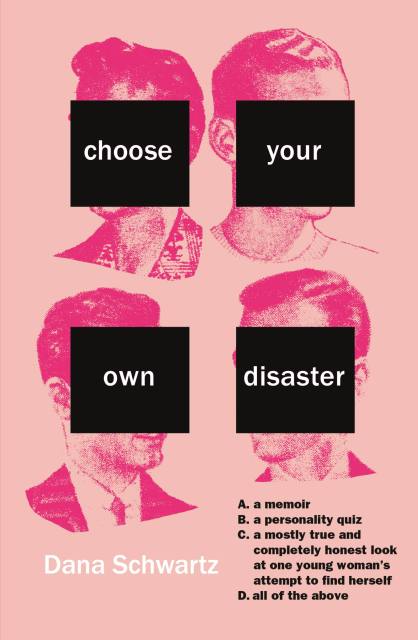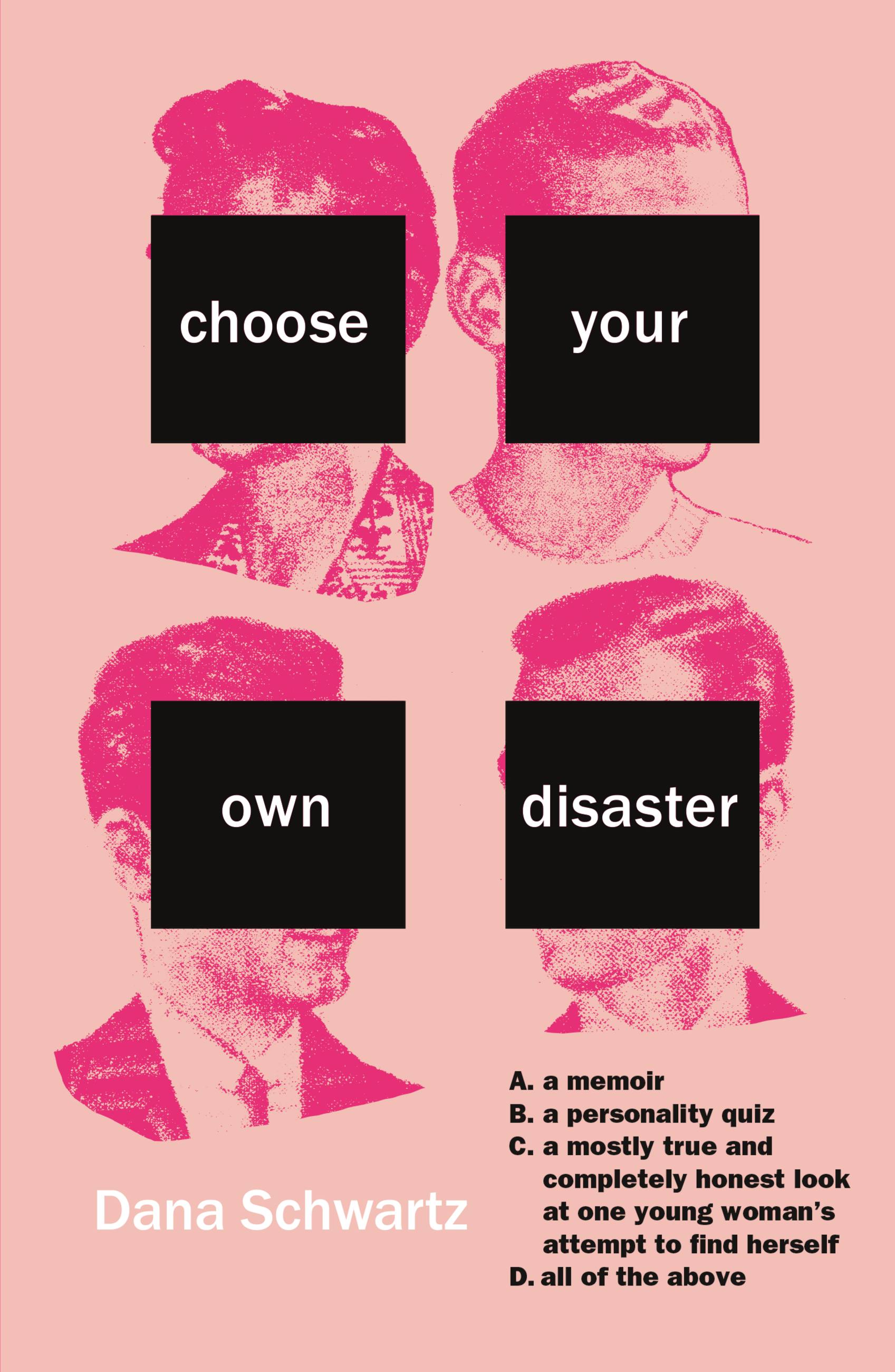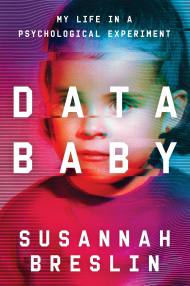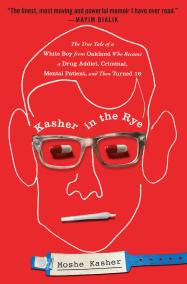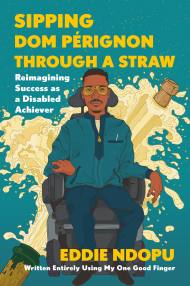Promotion
Use code MOM24 for 20% off site wide + free shipping over $45
Choose Your Own Disaster
Contributors
Formats and Prices
Price
$9.99Price
$12.99 CADFormat
Format:
- ebook $9.99 $12.99 CAD
- Trade Paperback $15.99 $21.99 CAD
This item is a preorder. Your payment method will be charged immediately, and the product is expected to ship on or around June 19, 2018. This date is subject to change due to shipping delays beyond our control.
Also available from:
A”hilarious and heartbreaking” (Jo Piazza) and unflinchingly honest memoir about one young woman’s terrible and life-changing decisions while hoping–and sometimes failing–to find herself, in the style of Never Have I Ever and Adulting.
Join Dana Schwartz on a journey revisiting all of the awful choices she made in her early twenties through the internet’s favorite method of self-knowledge: the quiz. Part-memoir, part-VERY long personality test, Choose Your Own Disaster is a manifesto about the millennial experience and modern feminism and how the easy advice of “you can be anything you want!” is actually pretty fucking difficult when there are so many possible versions of yourself it seems like you could be.
Dana has no idea who she is, but at least she knows she’s a Carrie, a Ravenclaw, a Raphael, a Belle, a former emo kid, a Twitter addict, and a millennial just trying her best.
This long-form personality quiz manages to combine humor with unflinching honesty as one young woman tries to find herself amid the many, many choices that your twenties have to offer.
Join Dana Schwartz on a journey revisiting all of the awful choices she made in her early twenties through the internet’s favorite method of self-knowledge: the quiz. Part-memoir, part-VERY long personality test, Choose Your Own Disaster is a manifesto about the millennial experience and modern feminism and how the easy advice of “you can be anything you want!” is actually pretty fucking difficult when there are so many possible versions of yourself it seems like you could be.
Dana has no idea who she is, but at least she knows she’s a Carrie, a Ravenclaw, a Raphael, a Belle, a former emo kid, a Twitter addict, and a millennial just trying her best.
This long-form personality quiz manages to combine humor with unflinching honesty as one young woman tries to find herself amid the many, many choices that your twenties have to offer.
Genre:
- On Sale
- Jun 19, 2018
- Page Count
- 272 pages
- Publisher
- Grand Central Publishing
- ISBN-13
- 9781478970385
Newsletter Signup
By clicking ‘Sign Up,’ I acknowledge that I have read and agree to Hachette Book Group’s Privacy Policy and Terms of Use
